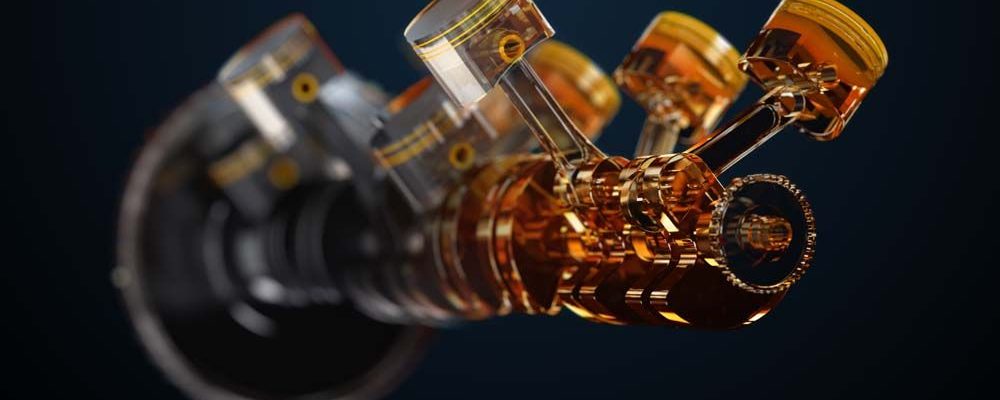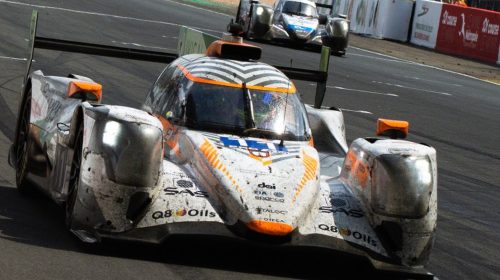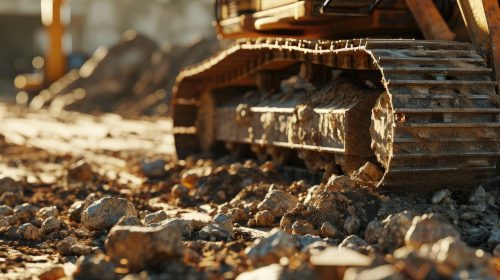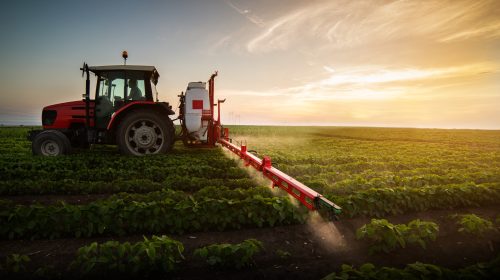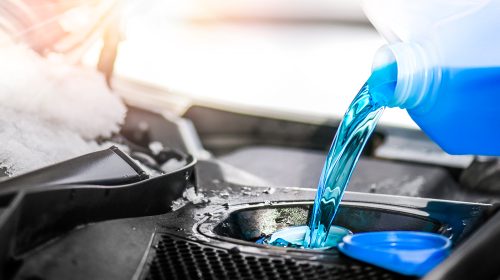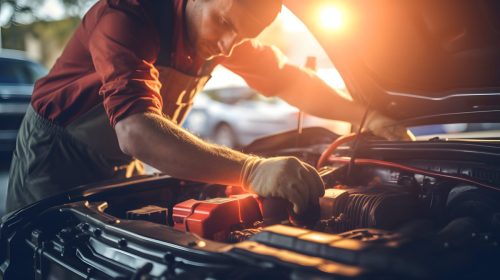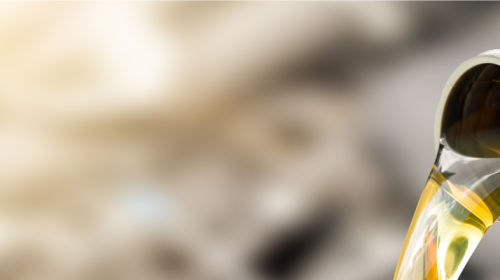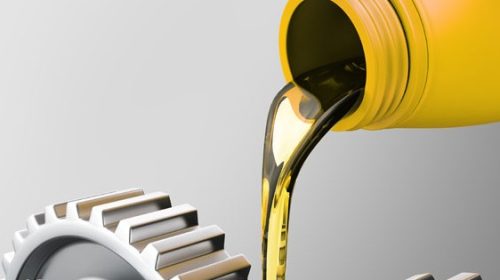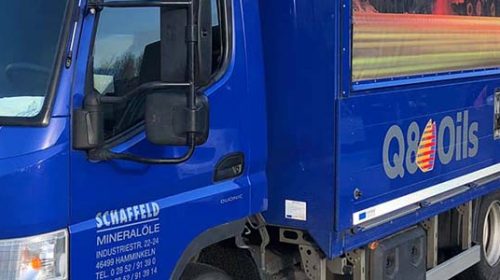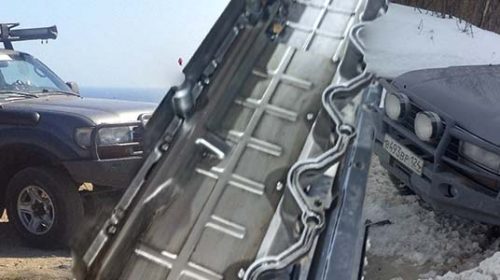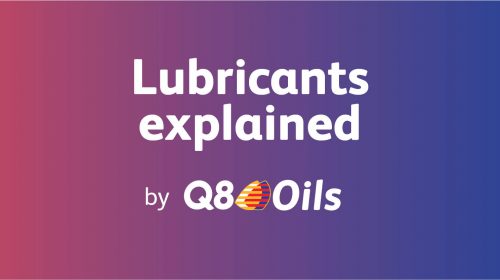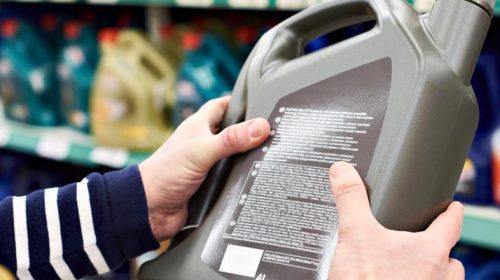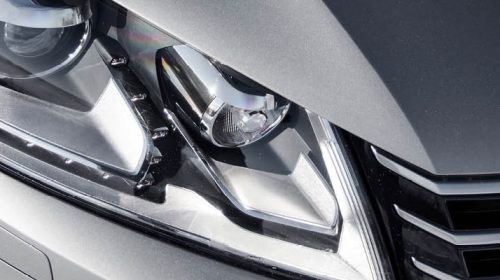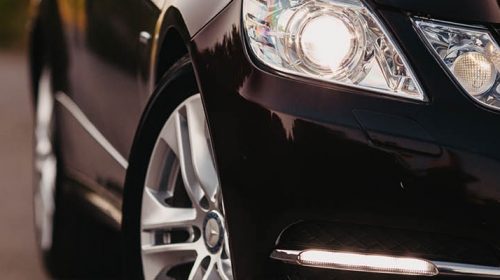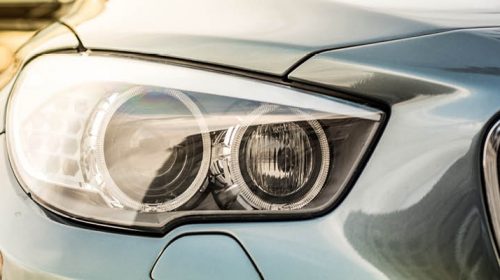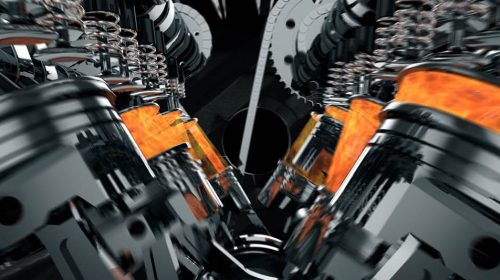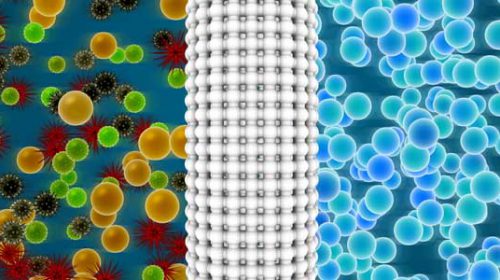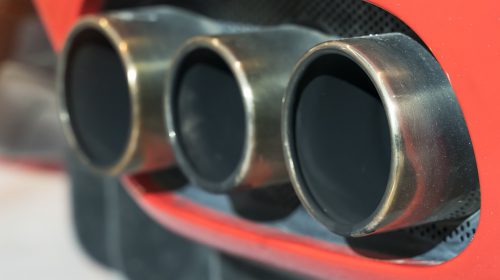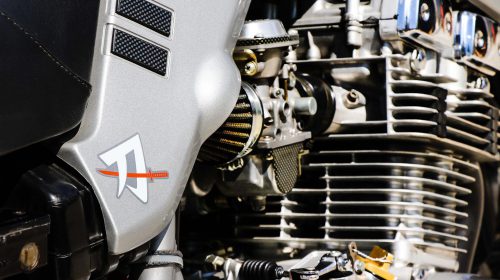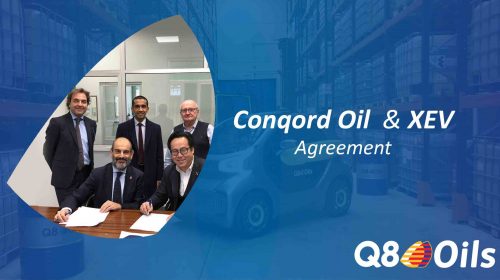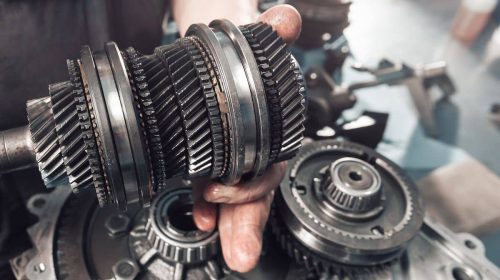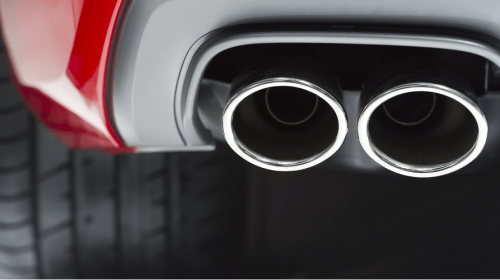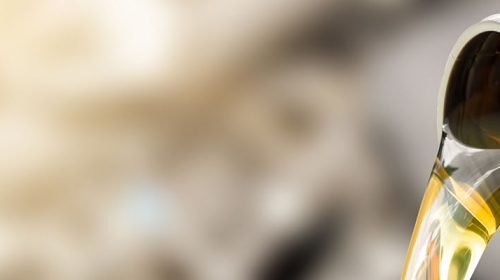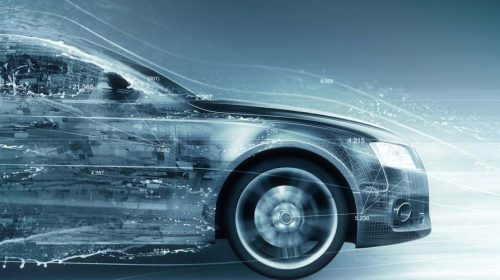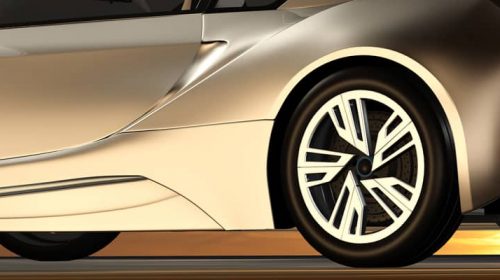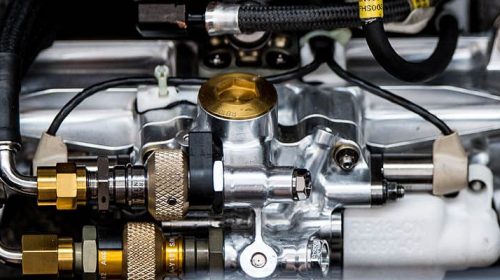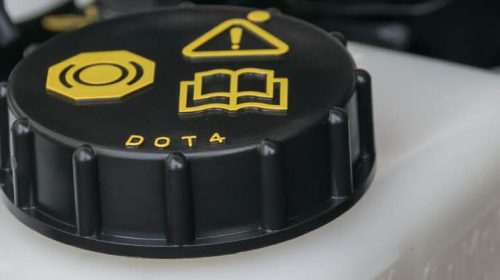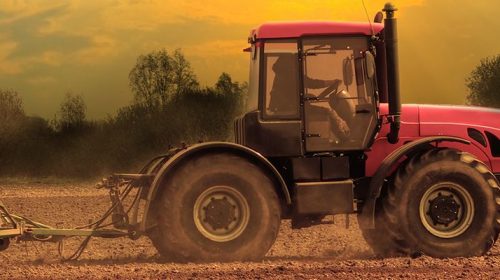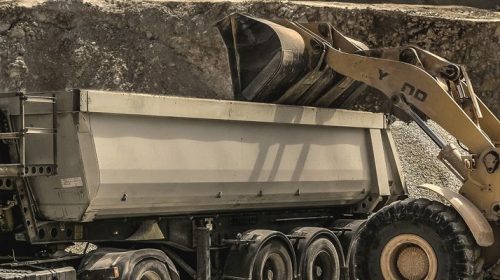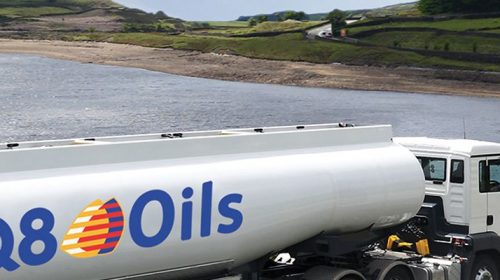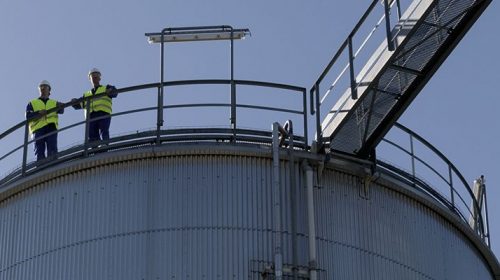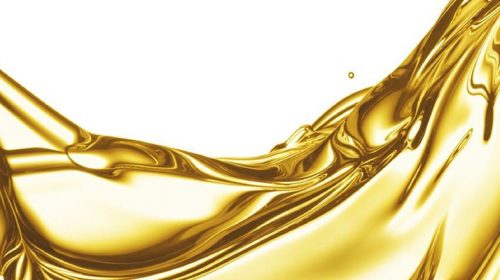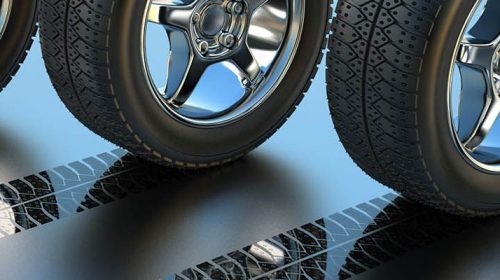An engine is assembled of many individual parts. A good oil flow to the critical areas is essential to guarantee the efficient and trouble-free operation of the engine. By lubricating an engine with the right engine oil, the engine will run smoother and offer better engine durability saving you maintenance- and fuel costs.
All engines, for heavy duty vehicles or passenger cars have some critical engine parts that must by duly lubricated to avoid premature engine wear, operational problems and catastrophic failures. In this article we address these critical engine parts and explain how you can protect them.
1. Turbocharger
A turbocharger increases the engine’s efficiency and power output by forcing extra air into the combustion chamber. Operating at high speeds of up to 250.000 rpm, a turbocharger provides an excessive heat source.
Turbocharger failure risks
With peak temperatures of up to 1000°C the turbocharger forms a harsh environment for engine oils. The high temperatures increase the formation of deposits in the oil, leading to a gradual loss of power and efficiency and eventually to severe failures of the turbocharger.
The importance of choosing the right lubricant
In order to guarantee a smooth operation of the turbocharger the engine oil must excel in cleanliness control and oxidation control to ensure deposit control at high temperatures. This way a good quality lubricant helps to maintain the power and efficiency throughout the oil drain interval.
2. Piston and liners
The engine block consists of the cylinder liners, pistons and rings. Together they generate the combustion pressure that allow for efficient power generation. To ensure an efficient combustion and maximal engine efficiency it is crucial to prevent wear and control the formation of deposits in the lubricant.
Piston and liners failure risks
The formation of piston deposits can cause piston ring sticking which can yield to damage to cylinder liners, piston and rings. This will lead to the loss of combustion pressure and excessive blow-by, which in turn causes further oxidation and cleanliness problems.
The importance of choosing the right lubricant
A good quality engine lubricant controls the formation of piston deposits and prevents wear on cylinder liners, pistons and rings. It helps to maintain the optimal compression and engine power and maintains the engine durability.
3. Crankcase
The crankcase protects a number of key engine parts such as the crankshaft and connecting rods from outside objects. A collection of capillary oil feeds allows for dedicated lubricant delivery to various components.
Crankcase failure risks
The formation of soot and sludge can clog the capillary oil feeds resulting in crucial component failure. It also obstructs the draining of contaminants out of the engine during maintenance service. Soot, sludge and debris that remains in the engine can also cause further wear and durability issues.
The importance of choosing the right lubricant
A lubricant that allows for a good sludge and soot control, helps to keep engines clean. It guarantees a good oil flow to important engine components, less engine wear and higher efficiency.
4. Valve train
The valve train manages the operation of the valves by controlling the amount of air and exhaust gas flowing into and out of the engine.
Valve train failure risks
The exact geometry of the cam operated mechanism is crucial for a good engine operation and can be affected by wear and the formation of soot. A lubricant with poor wear protection, poor soot control and poor valve lubrication can result in excessive wear, reduced valve lifts and gas flow and potential component failure e.g. valve seat wear and related valve recession. A poorly performing valve train leads to low engine efficiency, a loss of power at cold start and low gas flow conditions.
The importance of choosing the right lubricant
A lubricant with good wear protection and valve lubrication ensures the exact geometry of the cams, valves and valve seats guaranteeing the correct ratio of the air and exhaust gas. As a result, the engine will maintain its power and efficiency.
5. Main and rod bearings
The main crankshaft bearings support the crankshaft and provide its rotation. The main bearings enable an oil flow to the feed holes in the crankshaft. Connecting rod bearings provide the rotating motion of the crank pin within the connecting rod. Main and rod bearings are responsible for an efficient lubrication with minimal power loss.
Bearing failure risks
Corrosion of the bearings is an important risk that can lead to rod and cam bearing damage and potential engine failures. Insufficient lubrication can lead to oil leakage, a loss of oil pressure and expensive component replacement.
The importance of choosing the right lubricant
A high-quality lubricant prevents corrosion and guarantees an extended protection of the bearings, leading to less unscheduled maintenance and significant cost savings.
Q8Oils develop all products in close cooperation with Q8 Research which is an experienced team of scientists.
Q8Oils considers it extremely important to offer the right lubricant to any application. And to make sure that the right oil will be recommended to customers, experienced product engineers are always ready to answer questions in Product Application.
Don’t hesitate to contact them via [email protected].


